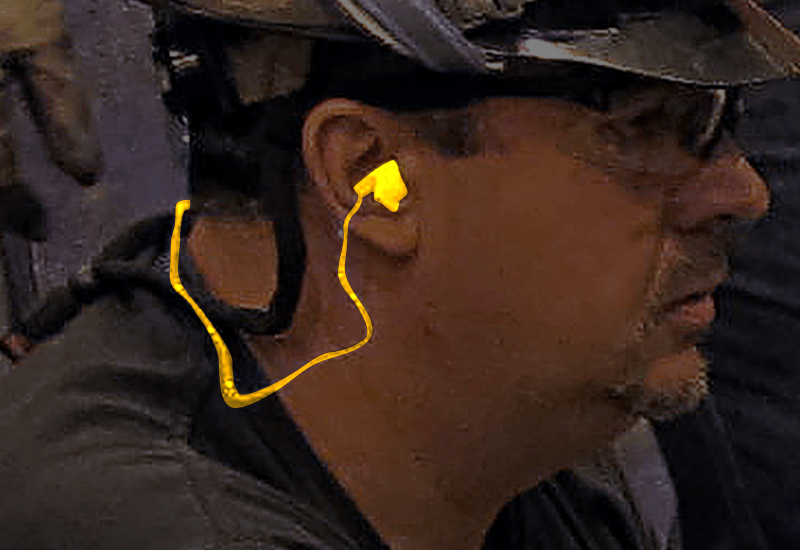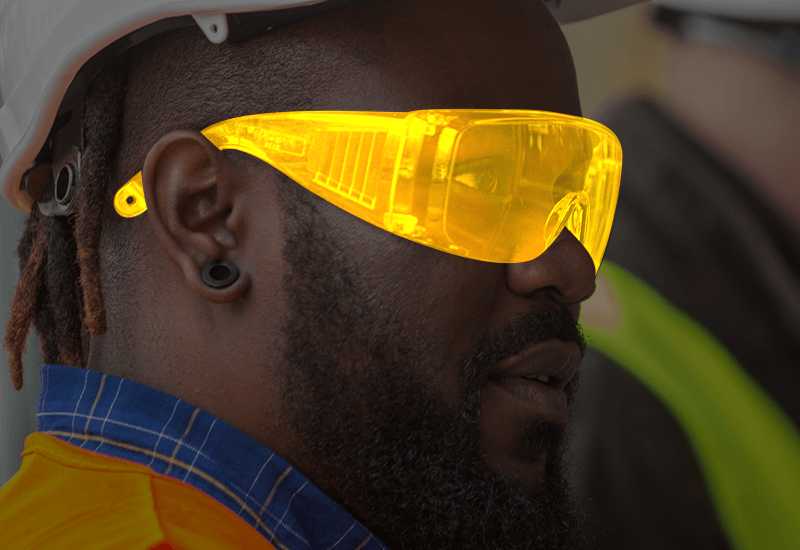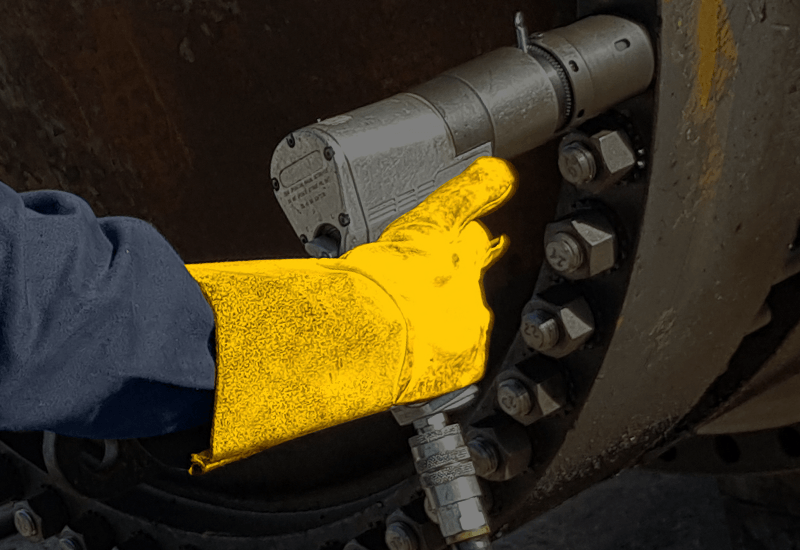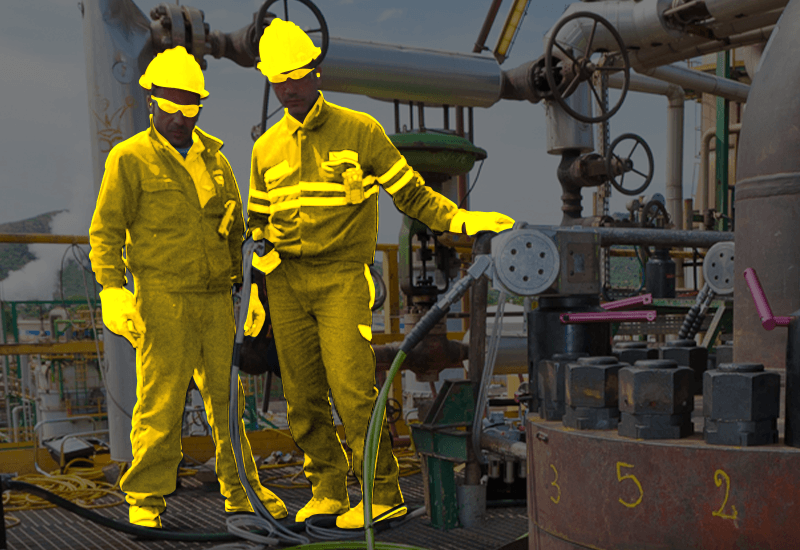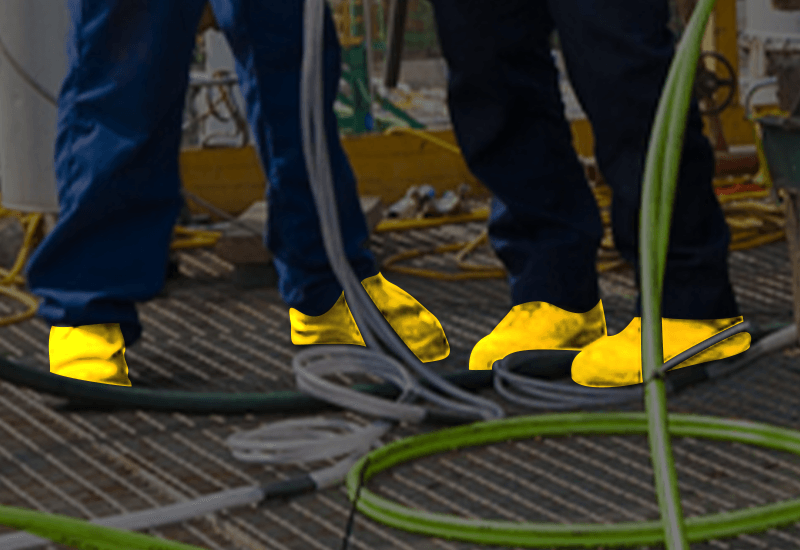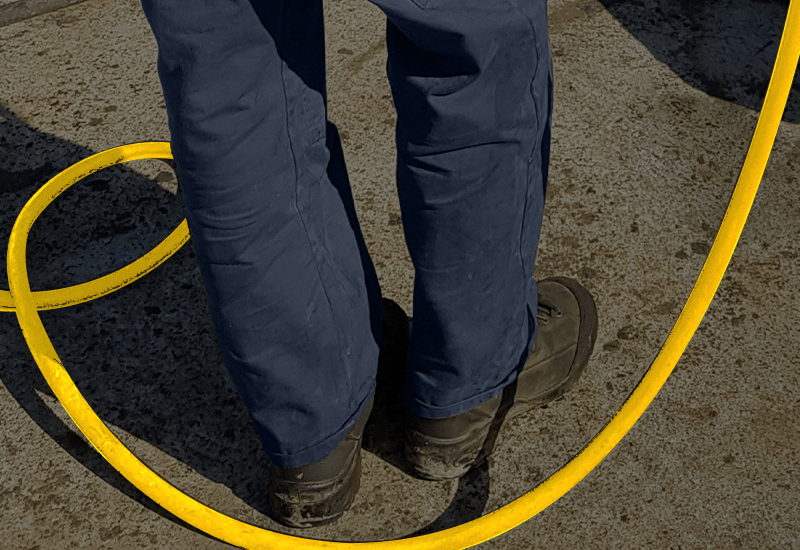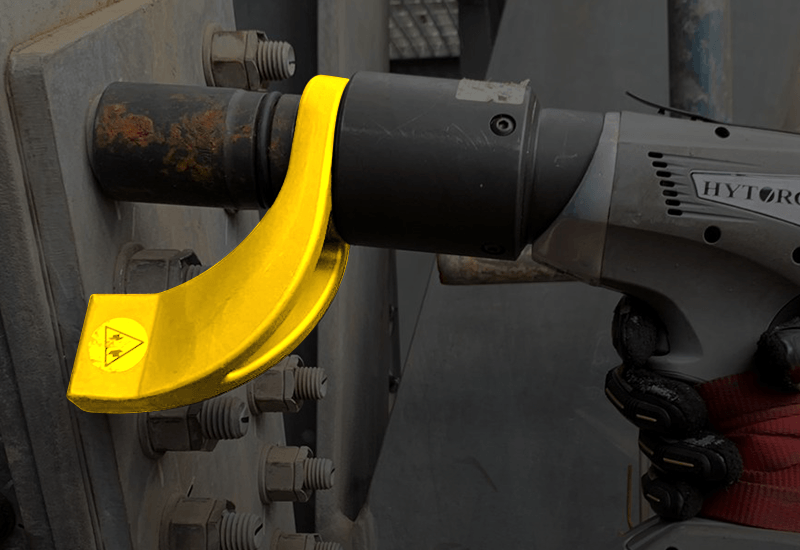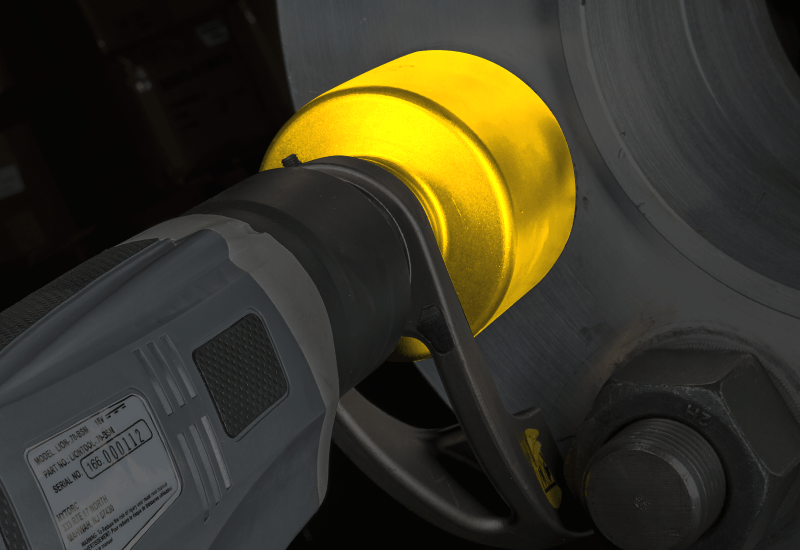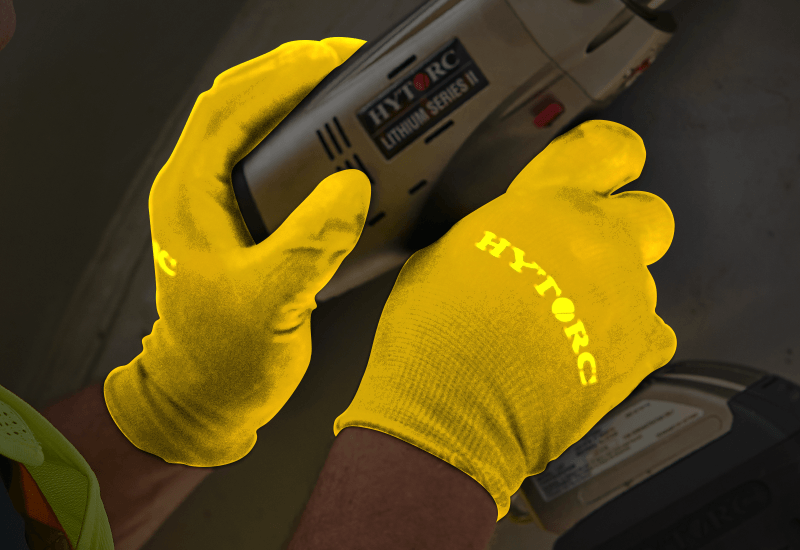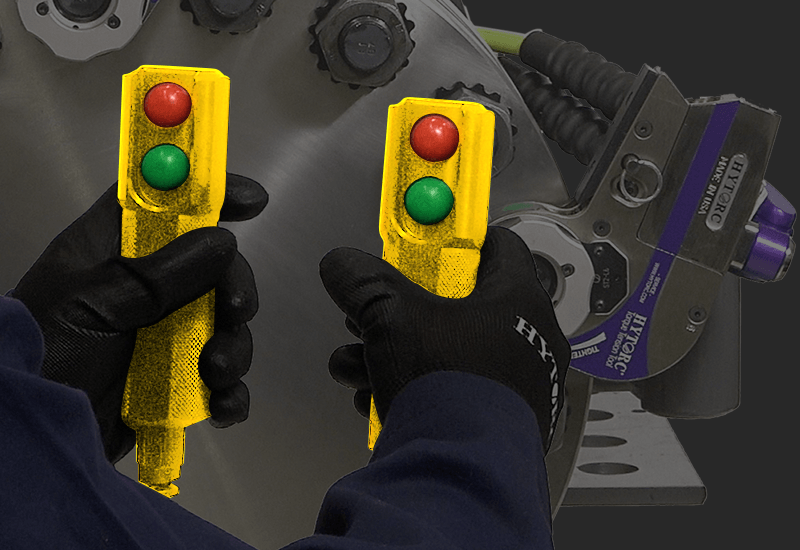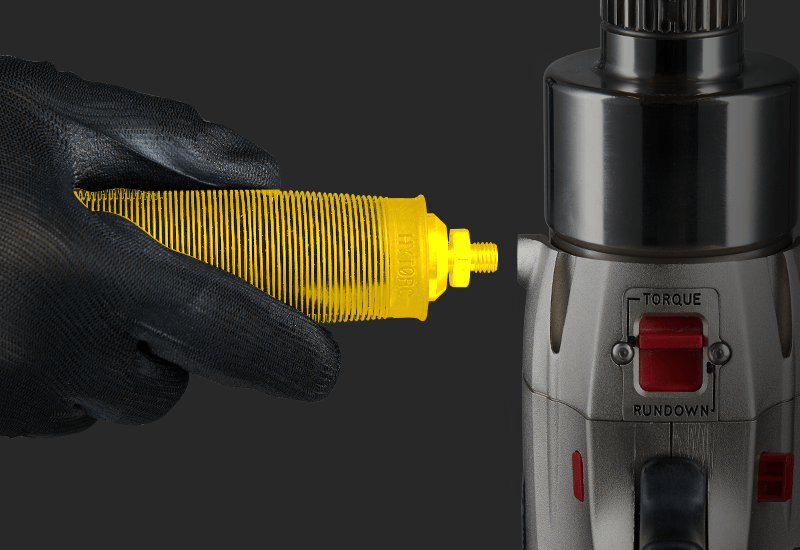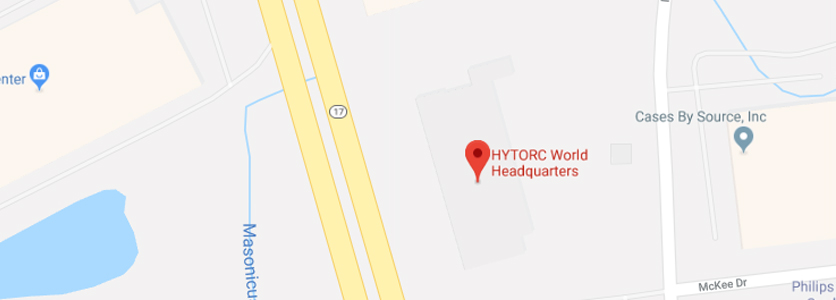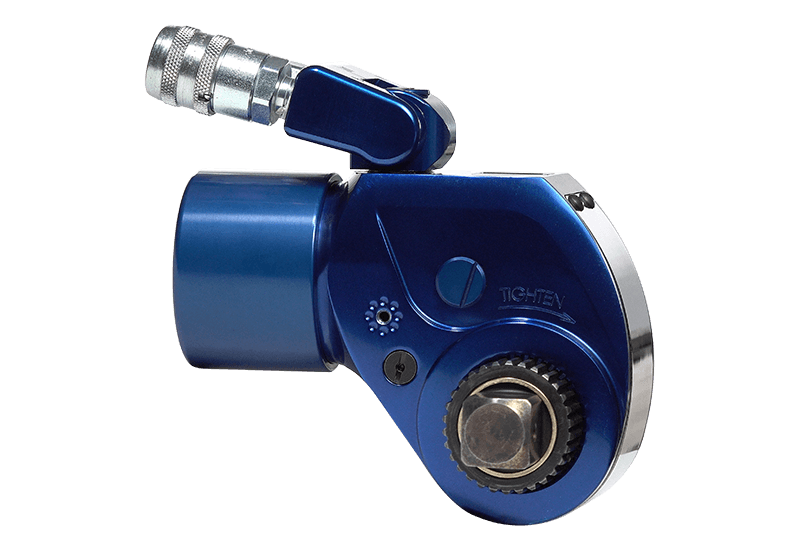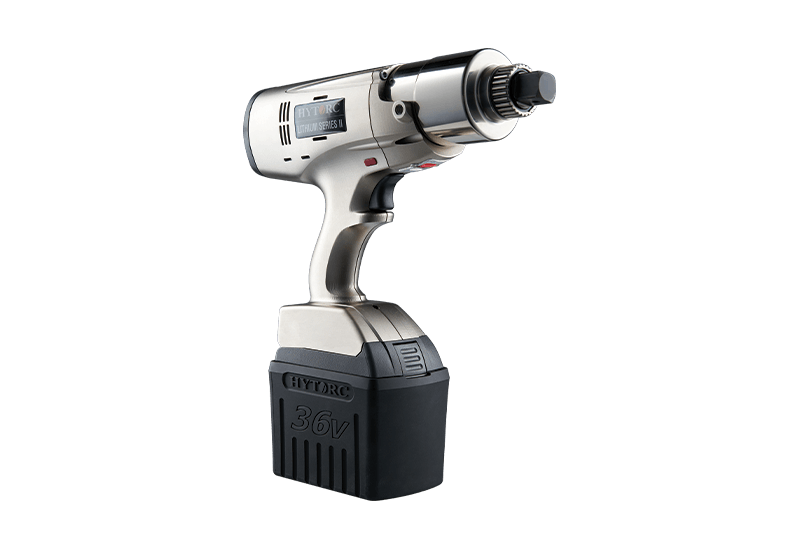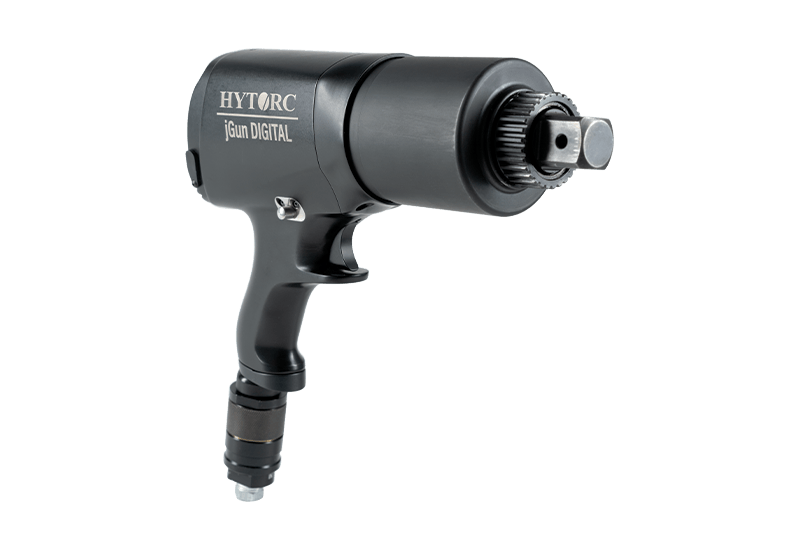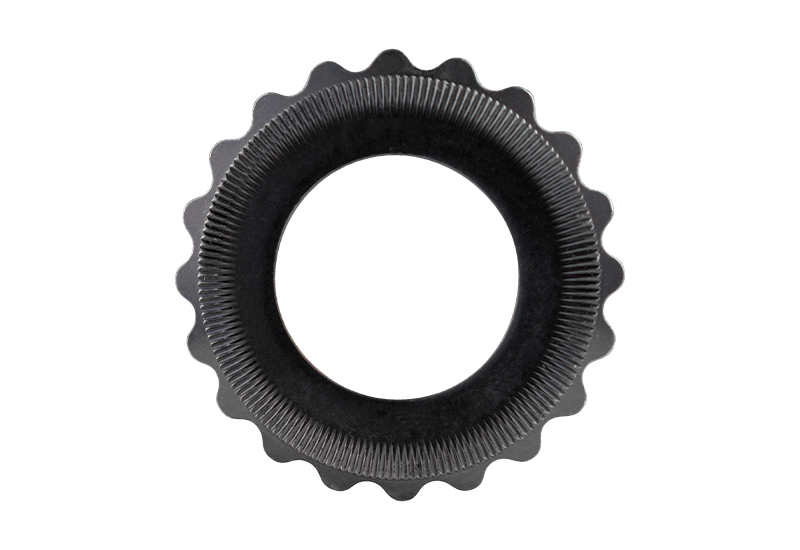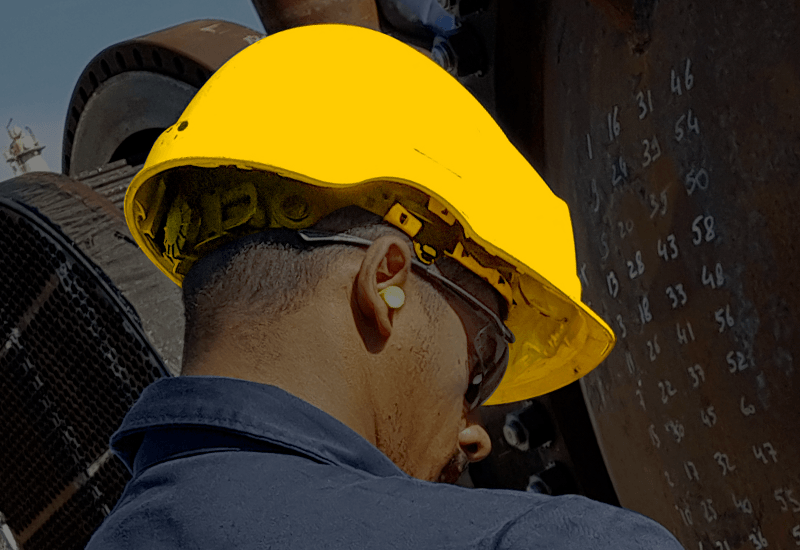
We have updated our Privacy Policy to comply with global privacy regulations and to reflect important changes in how we collect and use data across HYTORC Websites, Products, and Apps. HYTORC utilizes cookies, tracking technologies, and data analytics to enhance your experience, including personalized content, tool usage tracking, app performance analytics, and the collection of data related to IP addresses, geolocation (if enabled), and device information.
Before continuing to use HYTORC Websites, Products, or Apps, please review our updated Privacy Policy. Please select your cookie preferences below:

 English (United States)
English (United States)  English (United Arab Emirates)
English (United Arab Emirates)  English (Indonesia)
English (Indonesia)  English (India)
English (India)  Deutsch (Deutschland)
Deutsch (Deutschland)  简体中文(中国)
简体中文(中国)  Español (España)
Español (España)  English (South Africa)
English (South Africa)  English (Singapore)
English (Singapore)  Français (France)
Français (France)  English (Australia)
English (Australia)  English (United Kingdom)
English (United Kingdom) 